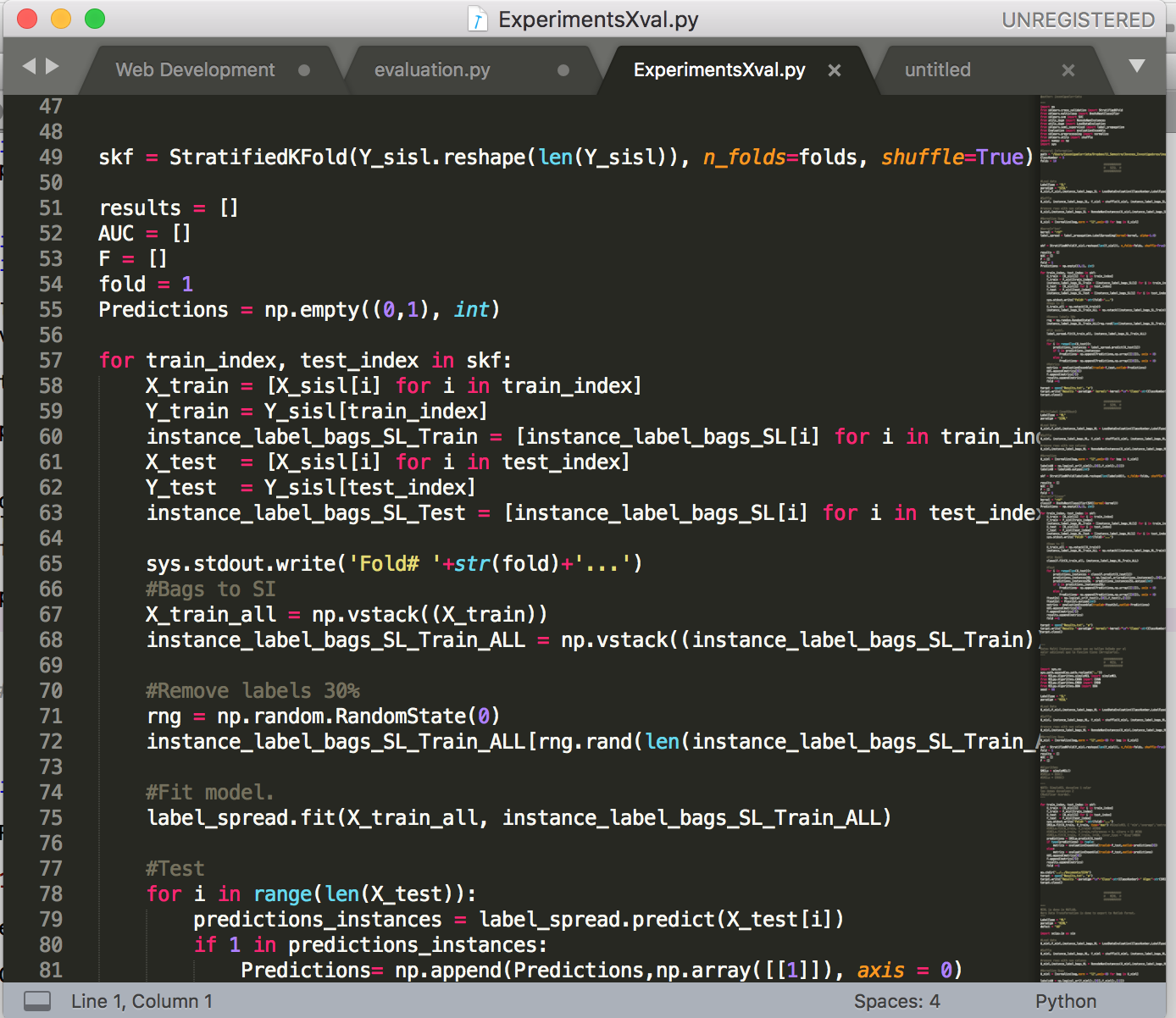

On Unix-like operating systems, environment variable names are case sensitive, but they are not on DOS, OS/2, and Windows.
#Pycharm environment variables code#
In programming code generally, this helps to distinguish environment variables from other kinds of names in the code. It is conventional for environment variable names to be chosen to be in all upper case. They are usually referenced by putting special symbols in front of or around the variable name.

The variables can be used both in scripts and on the command line.
#Pycharm environment variables windows#
When data structures such as lists need to be represented, it is common to use a colon (common on Unix and Unix-like) or semicolon-deliminated (common on Windows and DOS) list. The interpretation of characters in either string differs among systems. In general, the collection of environment variables function as an associative array where both the keys and values are strings. setuid programs usually unset unknown environment variables and check others or set them to reasonable values. For this reason, libc unsets these environment variables at startup in a setuid process. If a setuid program did this, it would be insecure, because its caller could get it to run arbitrary code and hence misuse its authority. The dynamic linker will usually load code from locations specified by the environment variables $LD_LIBRARY_PATH and $LD_PRELOAD and run it with the process's authority. On Unix, a setuid program is given an environment chosen by its caller, but it runs with different authority from its caller. In Microsoft Windows, each environment variable's default value is stored in the Windows registry or set in the AUTOEXEC.BAT file. Users can, and often do, augment them in the profile script for the command shell they are using. In Unix, the environment variables are normally initialized during system startup by the system init startup scripts, and hence inherited by all other processes in the system. Similarly, changing or removing a variable's value inside a DOS batch file will change the variable for the duration of COMMAND.COM's existence. The parent process and any unrelated processes will not be affected. In Unix, an environment variable that is changed in a script or compiled program will only affect that process and possibly child processes. However, in Unix, non-exported variables are preferred for this as they don't leak outside the process. They can also be used to store temporary values for reference later in a shell script. Shell scripts and batch files use environment variables to communicate data and preferences to child processes. A running program can access the values of environment variables for configuration purposes. Alternatively, from command shells such as bash, a user can change environment variables for a particular command invocation by indirectly invoking it via env or using the ENVIRONMENT_VARIABLE=VALUE notation. At the API level, these changes must be done between running fork and exec. By default, when a process is created, it inherits a duplicate run-time environment of its parent process, except for explicit changes made by the parent when it creates the child. In all Unix and Unix-like systems, as well as on Windows, each process has its own separate set of environment variables.


 0 kommentar(er)
0 kommentar(er)
